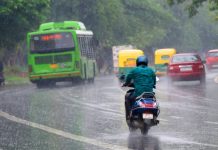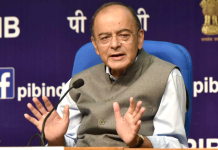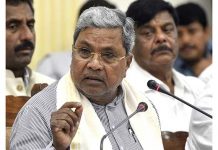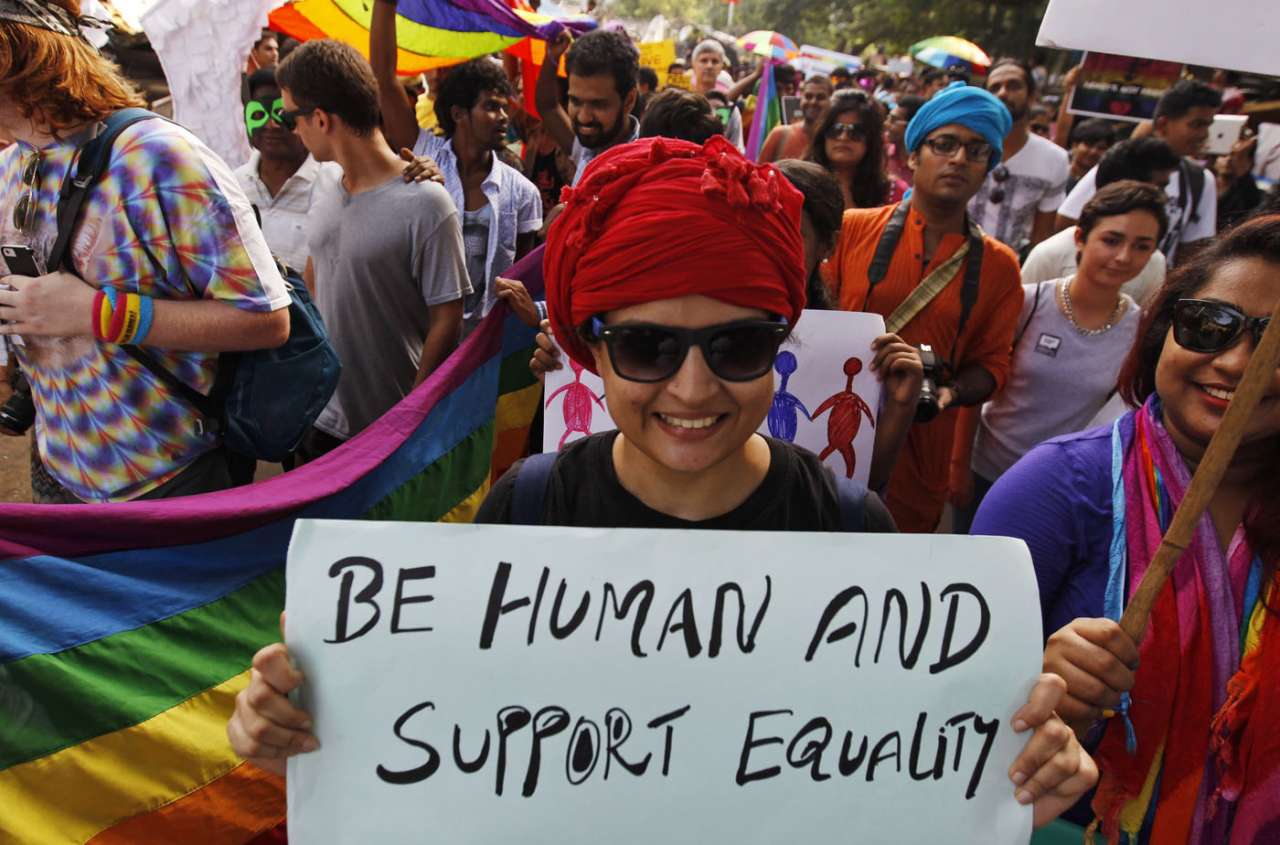
Even as the mother of the DPS Faridabad student who died by suicide fights for justice, one wonders why cisgender adults are having a hard time accepting people from the LGBTQI+ community
Imagine getting up every morning and having to go to a school and college where you are shunned and isolated, laughed at, taunted, called names, talked about, beaten up and worse groped by your fellow students, stripped, sexually assaulted and threatened with rape. Imagine having no recourse to any justice or dignity because the cisgender authorities who are supposed to protect you don’t want to address the issue or are indifferent or maybe in their heart agree that this is how someone “like this” should be treated. Imagine being bullied and traumatized to the extent in school and college that you would rather give up your education and beg on the streets or resort to prostitution to make a living or just kill yourself, to end the daily torture and humiliation. This is not fiction, but the reality of the lives of millions of LGBTQI+ children and youths in India and abroad. A whopping 54 per cent of LGBTQI+ students have experienced bullying in schools at least once because of their identity, says a telling UNESCO study.
They face this because they don’t conform to our gender sensibilities. They live this monstrous existence because even after thousands of years of civilization, we, as a society have not evolved to accept those who are different from us in any way. It’s because of our small-mindedness and inability to embrace that which is different from us that people of different colour, body-types, minorities, different castes and gender, especially those belonging to the LGBTQI+ community suffer. Multiple studies have found that LGBTQI+ youth who are bullied are three times more likely to be at risk of suicide than those who haven’t faced bullying. Because confusion about their identity, depression, the feeling of helplessness, isolation, rejection from family and society and humiliation break them till they feel that it’s better to end it all.
This is why, 16-year-old Arvey Malhotra, a student of DPS in Faridabad, decided to jump off the 15th floor of the building he lived in to end his life in February this year and a mother lost her precious child, the centre of her universe. In his suicide note to his mother Aarti Malhotra, the teenager, who was allegedly battling bullying and sexual assault at an insensitive and indifferent school, wrote, “This school killed me.” Now, his mother, who was incidentally a teacher at the same school, is fighting to bring the culprits to book and get justice for her precious Arvey.
One shudders to think, that if the child of a teacher in the same school can be driven to suicide by bullies who turned sexual assaulters, then what will be the plight of other LGBTQI+ children in our schools? And how is it that a prestigious school like DPS was unable to clamp down on the offending students and put an end to the harassment of an innocent child over his sexuality. And I say child because the nightmare for Arvey began when he was in Grade 6.
Media reports quote Aarti as saying: “The bullying started in 6th grade. Arvey would cry, ‘The boys call me a chakka.’ I was a teacher in the same school, DPS. I’d complain to the authorities but they’d say, ‘He’s a nautanki!’ I’d tell him things would get better. He tried to be ‘manly’ by playing volleyball. But it wasn’t for him. He loved art & music; that made him happy. But at every step, he was mocked for being ‘feminine’.”
By the time Arvey reached Grade 9, matters had spun out of control and the bullies, encouraged by the lack of action by the school had now turned into sexual predators. The depressed and distressed boy confessed to his mother that he was blindfolded by boys in his class and he was made to strip. Finally, unable to cope with the harassment and dreading the prospect of going back to school even for his exams in February, Arvey took the step that most parents dread and he committed suicide, leaving behind a grieving and devastated mother. Can you imagine how horrific and terrifying the experience must have been for him to prefer jumping off a building and leave his beloved mother alone, rather than go through another day of being bullied and pilloried?
But, things should not have come to such a pass. If the school had taken timely action and clamped down on the miscreants hard, they would not have dared to bully the child after that.
If the school had gender sensitization classes, both for the teachers and the children, they would have learnt to be more open minded, accepting and would have understood different sexualities better. But, how are the schools in India supposed to do all this when we ourselves are so closed minded? For example, in November 2021, the National Council of Education Research and Training (NCERT) released a booklet designed to sensitise teachers about gender biases in order to create a safe, gender-sensitive environment in our schools. However, this path-breaking document titled ‘Inclusion of Transgender Children in School Education: Concerns and Roadmap’, met with so much vitriol and opposition on social media that the National Commission for Protection of Child Rights (NCPCR) issued a letter on November 2, to NCERT, suggesting that it was ‘conspiring to traumatise school students in name of gender sensitisation’. Can you believe that! As a result, the NCERT had to remove the booklet from its website within a few weeks.
So, if we adults behave in such an intolerant, ignorant and archaic manner, how do we expect our children to know better? Because don’t our children learn from us? So, not surprisingly, the children, too, target any student who does not conform to our definitions of male or female. And have not we, as a society, given them enough reason to behave in the worst possible manner towards the LGBTQI+ community? For instance, take the example of Adam Harry, India’s first transgender trainee pilot. He is worried sick about realising his dreams of becoming a professional pilot because of the double-speak by the Directorate General of Civil Aviation (DGCA). Though it has “clarified” that there are no restrictions on transgender persons becoming pilots it has been firm on its stand that “flying duties cannot be assigned to those on hormonal therapy.” Really? So what does it do when its female pilots have to go on hormone therapy for medical reasons? Does it ground them too?
Gender dysphoria is another reason that the DGCA has given for rejecting his flying licence, without explaining how ‘gender dysphoria’ renders him unfit to fly. According to doctors, none of these conditions make Adam Harry unfit to fly and it’s just “unscientific” and “homophobic”. Because if that was so, then he would be ineligible to fly abroad too, but other nations like the UK, US and South Africa don’t have any issues like that. Now Harry is fighting a legal battle with the DGCA for his basic fundamental right to make a living.
All this discrimination, heartbreak and struggle despite the fact that our Government and judiciary are doing their best to mainstream the LGBTQI+ community. After the 15 April 2014 landmark ruling by the Supreme Court that declared transgender people a socially and economically suppressed class entitled to reservations in education and jobs, and also directed Union and State Governments to frame welfare schemes for them, things should have become easier, but the reality on the ground is far different because the cisgender-dominated society is yet to mature and become more inclusive. It’s a similar story for same sex couples despite the landmark 2018 Supreme Court ruling decriminalizing gay sex among consenting adults.
Shockingly, even the highly educated cisgender adults have a hard time accepting people from the LGBTQI+ community. For instance, one would think that the scientific community, which includes highly educated people of science would be far more understanding and inclusive, but sadly that is not the case if the results of a 2021 survey of people from the LGBTQI+ community by an aspiring neuroscientist Sayantan Daetta are anything to go by. Daetta’s survey of the STEM discipline revealed that 38 per cent of respondents had faced bullying and harassment, experienced fear of ostracisation, silence about gender and sexuality. If such diversity phobia and inability to accept anyone who identifies with a different gender or has a different sexual preference exists in the hallowed STEM spaces, then what can we say or expect of those not as educated or not educated at all?
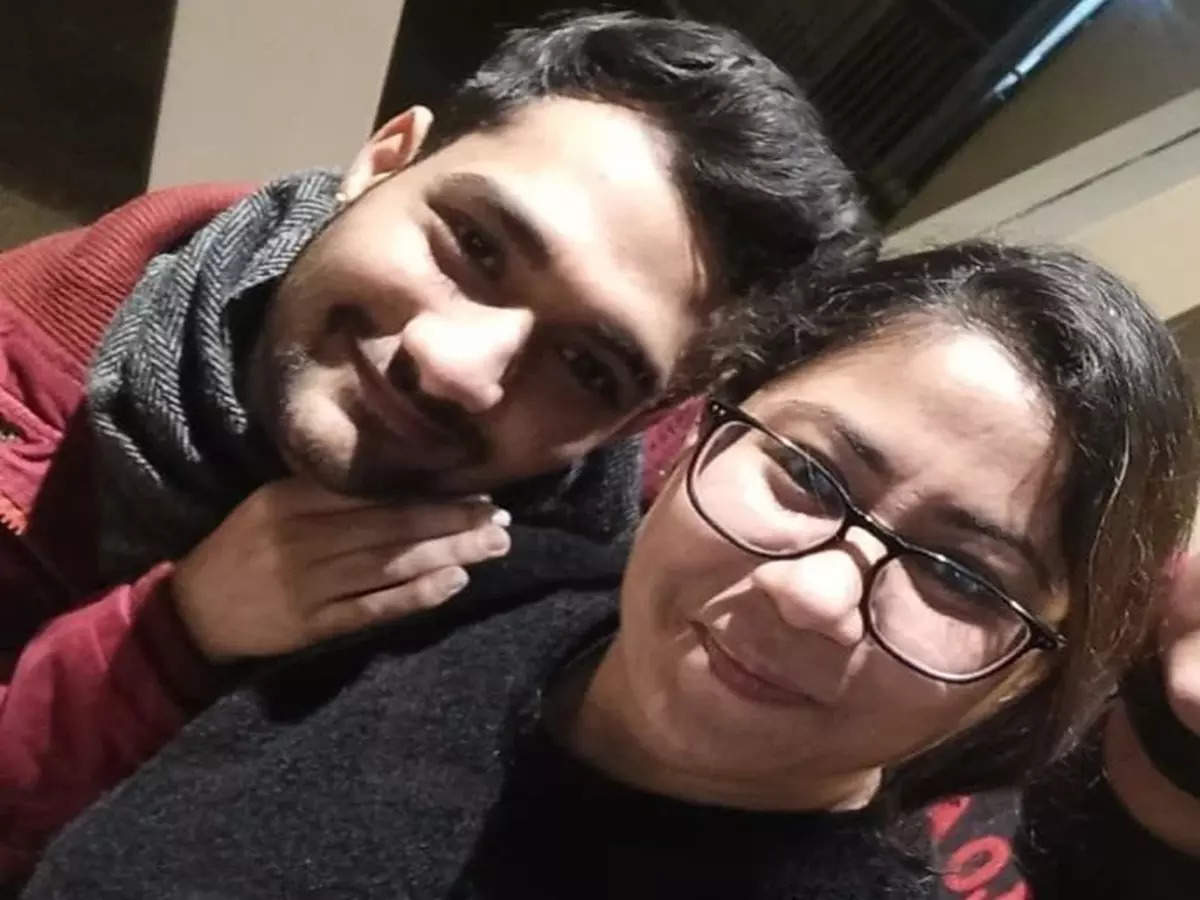
We Indians are very proud of our sanskriti and sanskar, but why do we pick and choose which part of our sanskriti and sanskar do we want to be a part of? For all those pointing fingers at LGBTQs, don’t the Vedas refer to a “third sex,” roughly defined as people for whom sex is not procreative, either through impotence or a lack of desire for the opposite sex? Members of the third sex are not ostracized in the ancient texts and are sometimes recognized for having divine powers or insights.
The world-renowned Kama Sutra, an ancient Indian text, states that same-sex experience is “to be engaged in and enjoyed for its own sake as one of the arts.” And Varuna and Mitra are famously referred to as the “same-sex couple” in the ancient Indian scripture of the Rig Veda, and what of King Bhagirathi, who is known in mythology for bringing the Ganges down to earth from the heavens. According to the Krittivasi Ramayan composed by the 15th century Bengali poet Krittibas Ojha: Dilip, the son of Ayodhya’s King Sagara, died due to the wrath of the sage Kapila. Thus he could not ensure the continuance of the royal lineage as he died before his two queens could become pregnant. But the Krittivasi Ramayan says that Dilip’s widows drank a magic potion, and made love to each other to conceive. Later, one of them gave birth to King Bhagirathi.
There are many more such examples of the LGBTQ community being an acceptable part of our society in ancient India. They held their heads high then, so why not now? Are we to learn nothing from our glorious past, the golden India of yesteryears? Sometimes, it is good to go back to our roots and try and understand where we went astray. I certainly hope in this case we find our paths. And I pray that Arvey Malhotra’s mother gets the justice she is fighting for, so that there are no more lives like Arvey’s, snuffed out by heteronormative biases, insensitivity and fear of diversity. And for Arvey I have this to say, “We are sorry we failed you in this world. Shine on you beautiful star in the firmament.”








